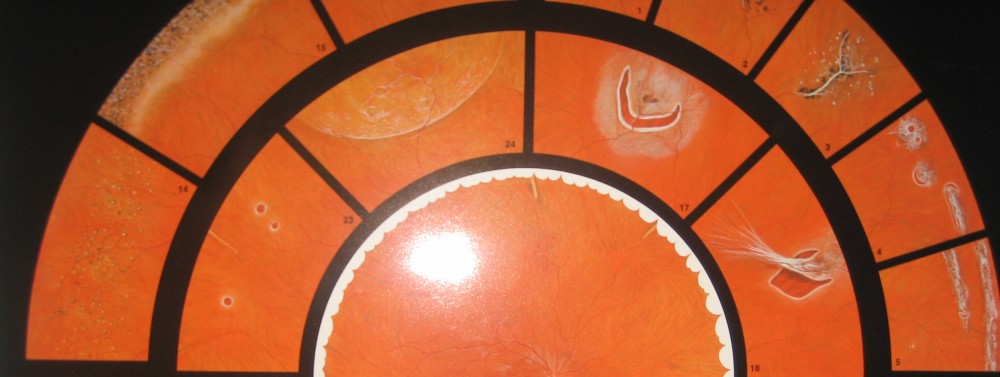Good nutrition is important to keep your eyes healthy and functioning their best throughout your lifetime. Two very important eye nutrients that may reduce your risk formacular degeneration and cataracts have names you may not be familiar with: lutein (LOO-teen) and zeaxanthin (zee-ah-ZAN-thin).
Lutein and zeaxanthin are compounds called xanthophylls (ZAN-thuh-fills), which are yellow pigments that occur naturally in many plants and vegetables. Xanthophylls belong to a class of organic compounds called carotenoids, which also includes orange and red plant pigments. Though lutein is considered a yellow pigment, in high concentrations it appears orange-red. In nature, lutein and zeaxanthin appear to absorb excess light energy to prevent damage to plants from too much sunlight, especially from high-energy light rays called blue light.
In addition to being found in many green leafy plants and colorful fruits and vegetables, lutein and zeaxanthin are found in high concentrations in themacula of the human eye, giving the macula its yellowish color. In fact, the macula also is called the “macula lutea” (from the Latin macula, meaning “spot,” and lutea, meaning “yellow”).
Recent research has discovered a third xanthophyll in the macula. Called meso-zeaxanthin, this carotenoid is not found in food sources and appears to be created in the retina from ingested lutein.
Lutein and zeaxanthin appear to have important antioxidant functions in the body. Along with other natural antioxidants, including vitamin C, beta carotene and vitamin E, these xanthophylls guard the body from damaging effects of free radicals, which are unstable molecules that can destroy cells and play a role in many diseases.
In addition to important eye and vision benefits, lutein may help protect against atherosclerosis (buildup of fatty deposits in arteries), the disease that leads to most heart attacks.
It is believed that lutein, zeaxanthin and meso-zeaxanthin in the macula block blue light from reaching the underlying structures in the retina, thereby reducing the risk of light-induced oxidative damage that could lead to macular degeneration (AMD).
A number of studies have found that lutein and zeaxanthin either help prevent AMD or may slow progression of the disease.
